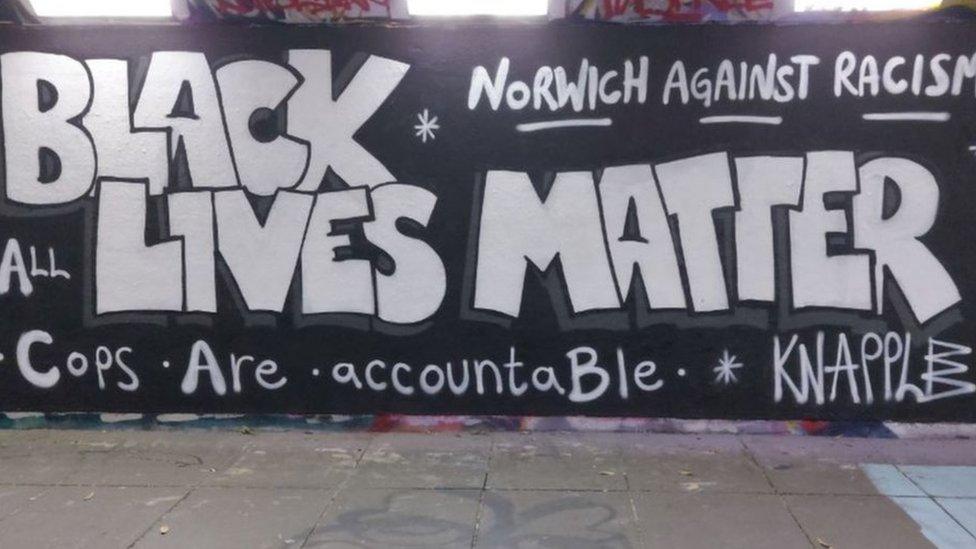George Floyd: Derek Chauvin conviction 'will make a difference in UK'
- Published
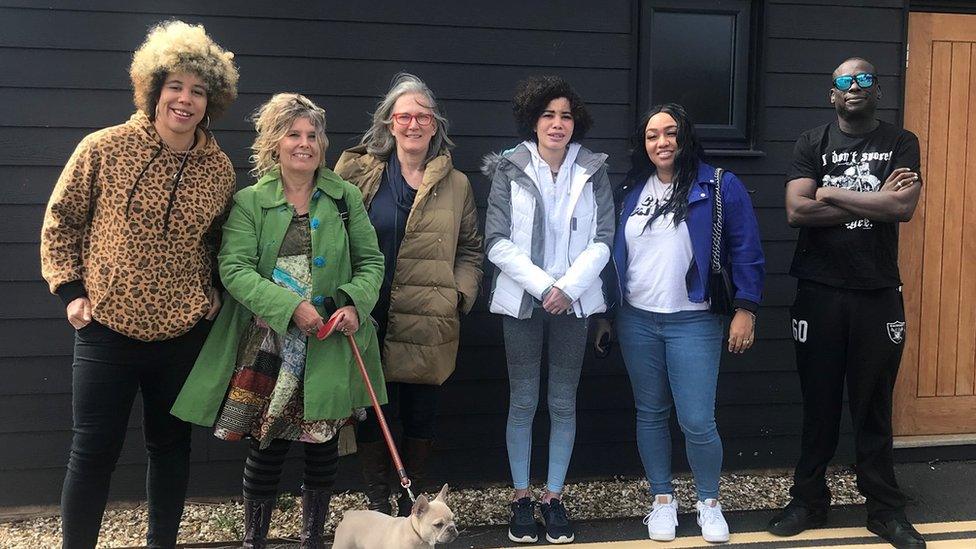
Afrika Green (far left) with members of Bury St Edmunds for Black Lives
The video of a US police officer pressing his knee into George Floyd's neck for nine minutes last year kick-started widespread Black Lives Matter demonstrations, culminating in the conviction of Derek Chauvin for murder. The anger was felt by protesters around the world, including in Suffolk, where the BBC has spoken to some of those affected by Mr Floyd's death and Tuesday's verdicts.

Events in the US will 'make a difference'
Afrika Green, vice chair of Bury St Edmunds for Black Lives, external, says the guilty verdicts are a "step in the right direction".
"It's definitely the right result but I don't think it's full justice because George Floyd is still not here," she says.
"But it's accountability, that's what's happened here: we have seen a turn of events that even though police are in power, they can be challenged."
The 30-year-old from Bury St Edmunds thinks the events in the US will "make a difference" in the UK for having started a conversation.
"Groups like mine have been set up and they have made connections with other groups.
"We're not out of the woods yet. It's micro-changes and we need to remain positive and keep pushing," she says.
She wants awareness to continue to grow, and for more people to feel confident to challenge inappropriate behaviour.
"We do the protests and that's great but I don't think we challenge enough in society," she says.
"In the workplace, for example, if someone says something inappropriate, people should feel confident enough to say 'that's not OK'."

'We need race equality to mean something'
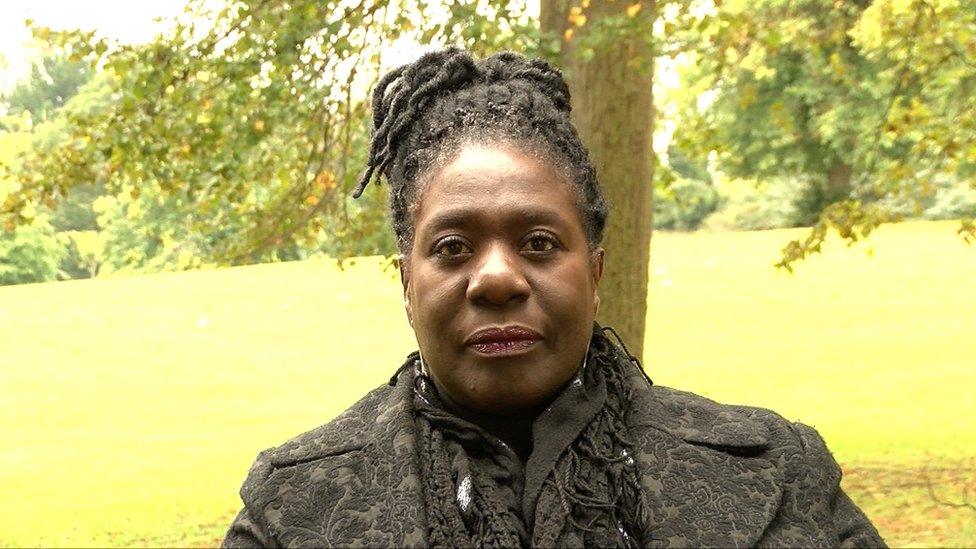
Franstine Jones wants more racial equality within society and the police force
Franstine Jones is chair of the Stop and Search Reference Group in Suffolk and a former president of the National Black Police Association.
"When it came back guilty on all three counts I thought 'at last, at last, George Floyd's family has had justice served'," she says.
"We've still got a long way to go when it comes to racial justice. Not just in America but in this country as well."
The fact that US police officers were willing to give evidence against Chauvin was hugely significant, she adds.
"I just hope more officers will come out and tell those who behave like that that they won't stand for it and they will be held to account.
"When we have disproportionality in stop and search, disproportionality in who gets tasered, disproportionality in who gets a Covid warning, disproportionality in the use of spit hoods, disproportionality in the use of handcuffs, you're more likely to have all of those things done to you if you're a black man in this country.
"All I'm asking is that black people are treated fairly in the criminal justice system, not just the police service but across the board.
"We need race equality to mean something."

'Change has to happen in schools'
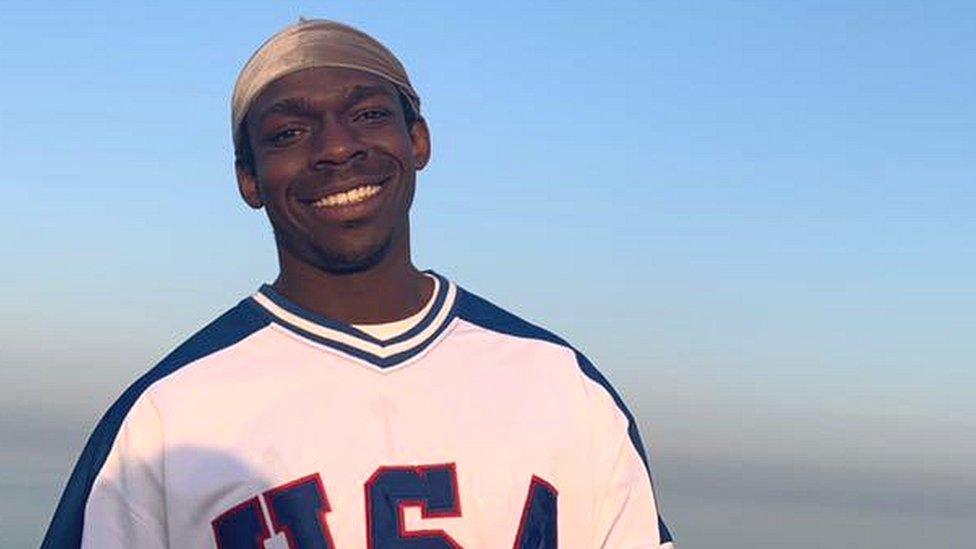
Ipswich rapper Ayo says racism should be tackled in schools
Those views are echoed by Ayo, a 22-year-old rapper from Ipswich who addressed Black Lives Matter protestors in the town last summer.
He says he expected guilty verdicts against Chauvin and hopes it will set "some sort of example around the world to reduce racism".
"It's good that some sort of justice has been served," he says.
The number of black people killed in the USA at the hands of police officers concerns him, but he is more optimistic about the future.
He would like to see better education on racial issues and sensitivities introduced into UK schools.
"I think change has to happen in high schools. Starting in homes would be better but that's not easy," he says.
"Teachers should nip it [racism] in the bud, and hopefully that lesson will be learnt and can be used when we're all older."
Increased diversity within organisations, especially at the top, with better handling of reports of racism and more sanctions is also necessary, he says.
"You can report racism but nothing happens," says Ayo.
He thinks Mr Floyd's death has finally led to a global discussion on race.
"I was watching the football with a friend before the Chauvin verdict and we questioned whether the players "taking the knee" before a game will now stop," he says.
"It really shouldn't stop because if it does, it means we stop talking about racism."

'There has to be reconciliation'
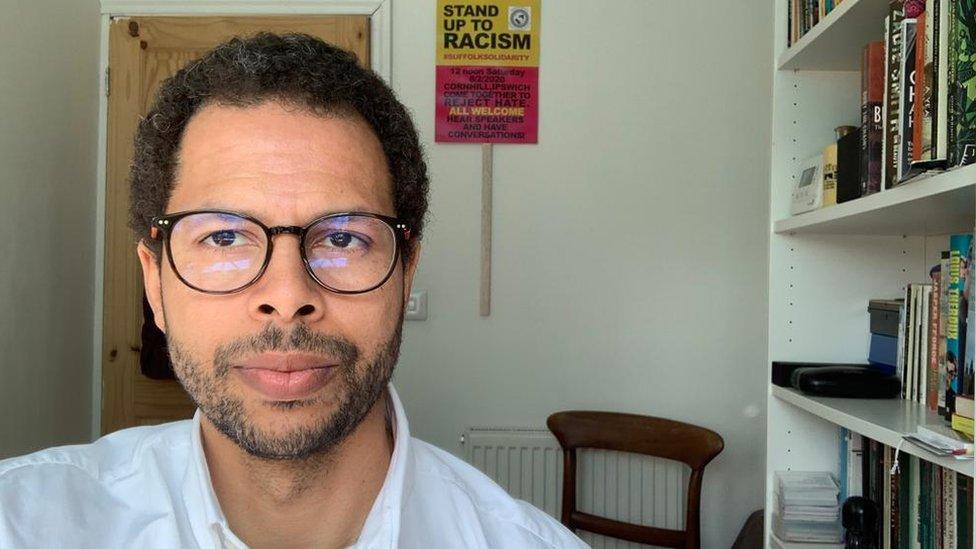
Chris Cumberbatch says we must still have "awkward conversations" about racism
Chris Cumberbatch is a solicitor and vice-chair of Ipswich and Suffolk Council for Racial Equality, external (ISCRE).
He says the Chauvin verdict was "bittersweet" in itself, but structural problems remain on both sides of the Atlantic.
"George Floyd brought together the BLM movement," he says. "He sparked off a sea-change in protest, bringing different people who might have felt racial injustice is wrong but wouldn't have gone out and protested."
Mr Cumberbatch has been a member of ISCRE for 10 years, and believes there is work to be done closer to home.
In Ipswich and Suffolk, he says, "we need to be less defensive about having conversations about race, as it's about making people feel safe".
"I know unconscious bias training is a word that has become loaded - even MPs said they did not believe in unconscious bias - but it is out there and one of the things that needs to be addressed."
He points out that although black men and boys are not being shot on the street by officers, the level of violence among those groups remains "horrific", and requires good community "bottom-up" policing in order to be resolved.
On the longer-term impact of Mr Floyd's death, he is hopeful it may eventually bring positive, lasting change.
"There has to be reconciliation, an aim of healing in all these things - not just retribution. I very much hope that what's comes out of it."

Find BBC News: East of England on Facebook, external, Instagram, external and Twitter, external. If you have a story suggestion email eastofenglandnews@bbc.co.uk, external
- Published15 January 2021
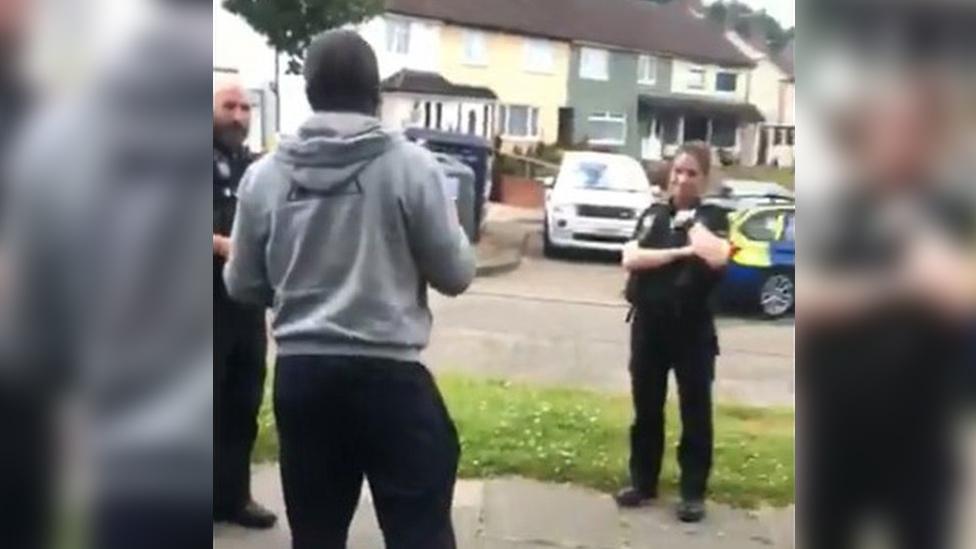
- Published15 March 2021
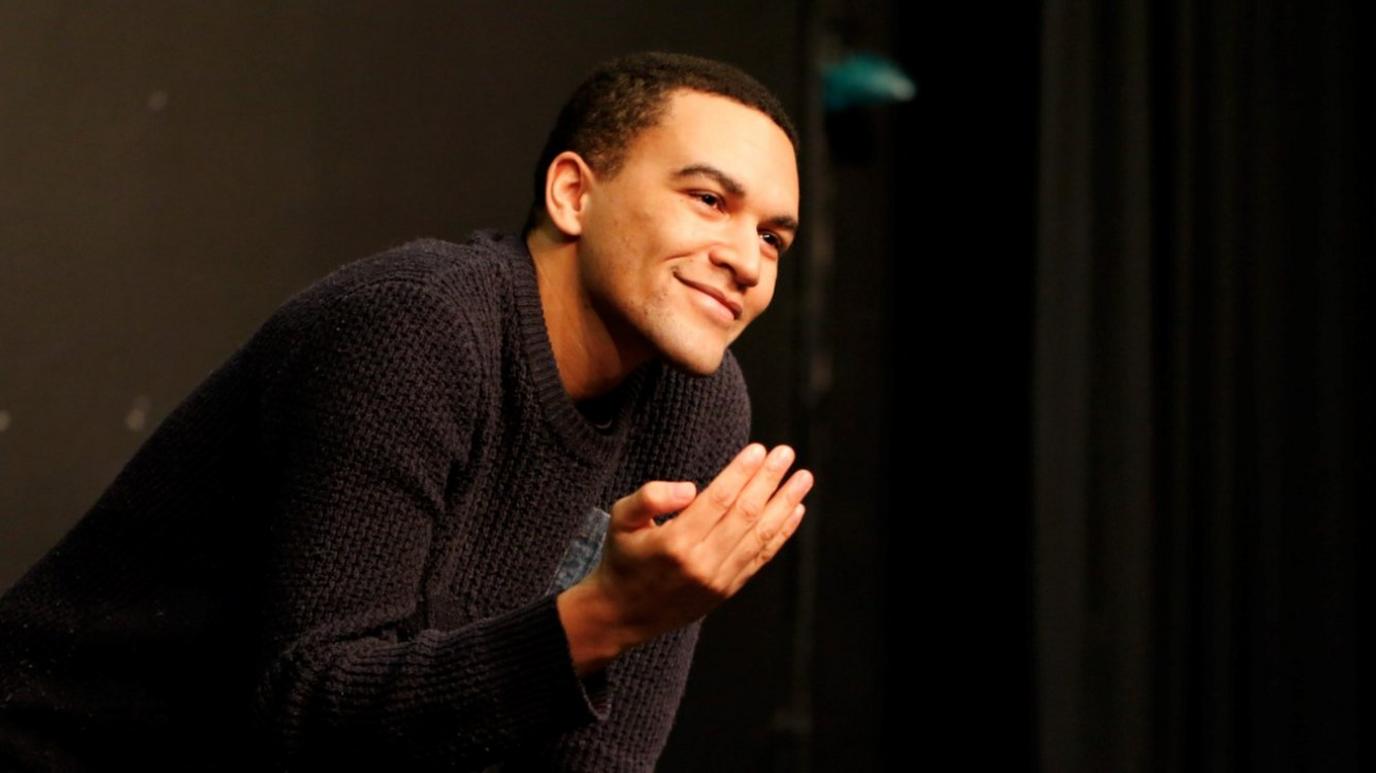
- Published29 December 2020
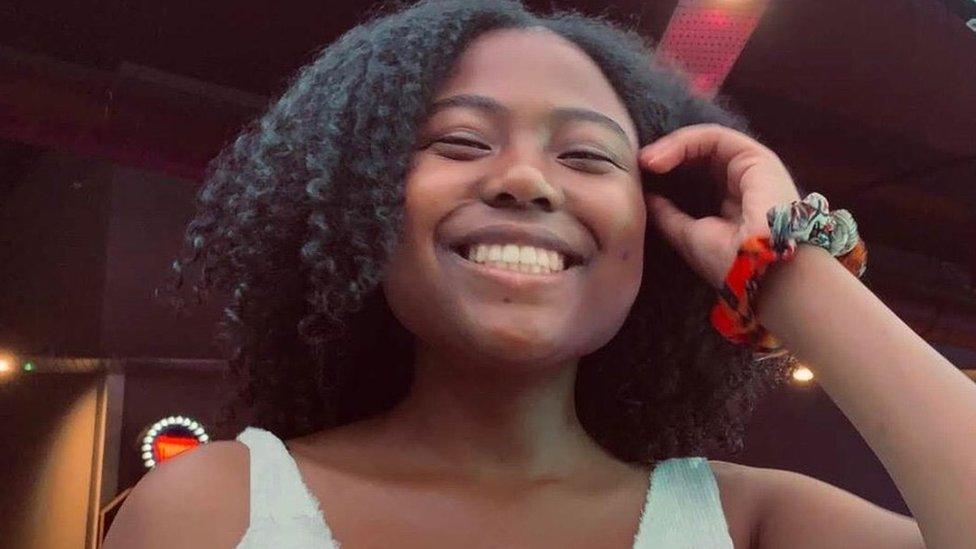
- Published20 June 2020
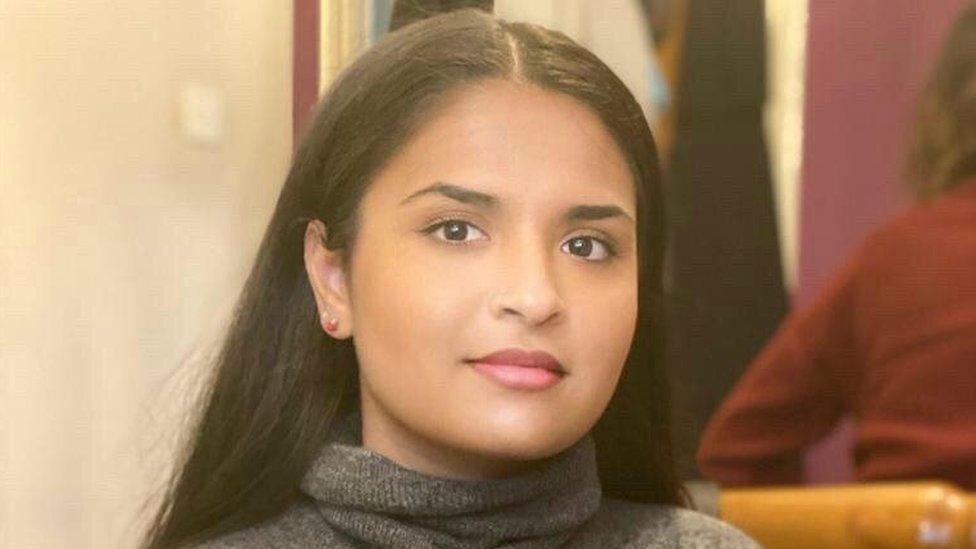
- Published5 June 2020
